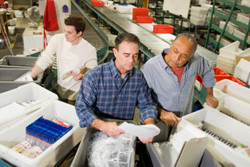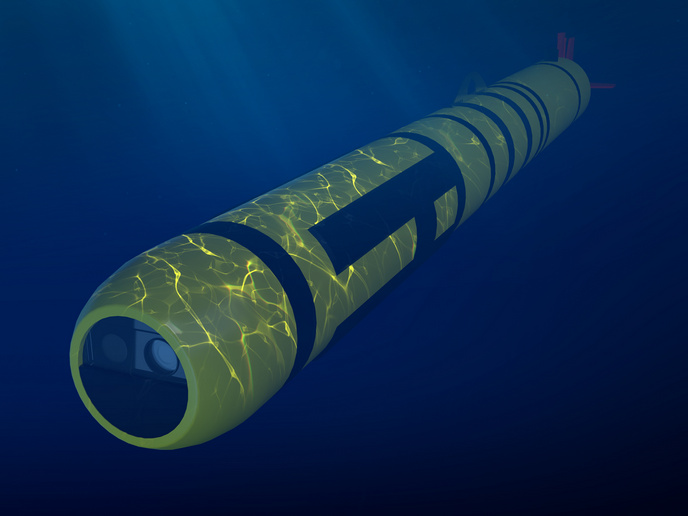Towards sustainable organisations
Unsustainable production and consumption are the principle drivers of climate change in the modern age. Despite a growing awareness of the need for sustainable practices, unsustainable behaviours and trends continue unabated. To address this, the 'Low carbon at work: Modelling agents and organisations to achieve transition to a low carbon Europe' (LOCAW)(opens in new window) project aimed to investigate the driving forces of and constraints upon sustainable practices in six large organisations. This information was used to test various ways to improve these practices. The project researched current practices through questionnaires, observations and interviews. Researchers studied behaviours in and out of the workplace, focusing on consumption, waste and waste management, and organisation-related transport. Investigations took place at both employee and organisational level. Resulting data(opens in new window) was processed, analysed and incorporated into theoretical case studies for each organisation. These were used to model potential scenarios and policies that could lead to decreased greenhouse gas emissions by 2050. The final outcomes of the LOCAW project were policy recommendations for the organisations involved. The recommendations could be adapted to almost any large organisation to help them reduce greenhouse gas emissions and improve their sustainability.







